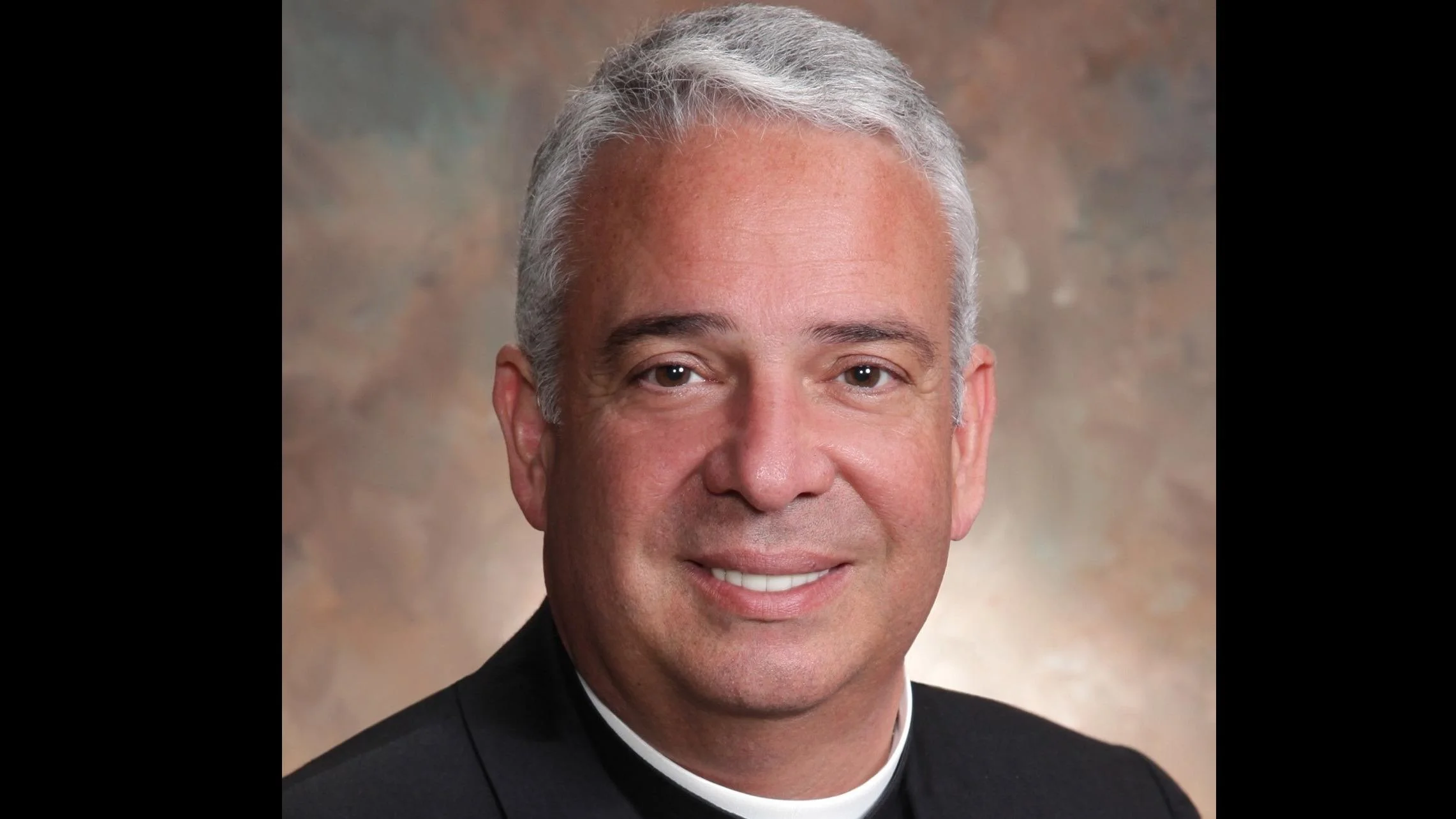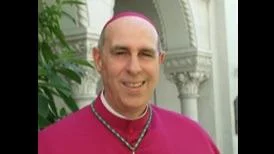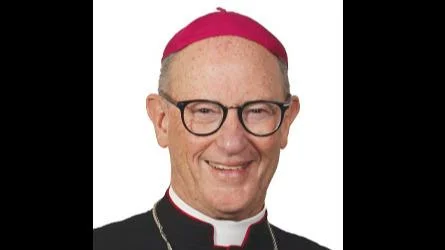
Archbishop Nelson J. Pérez | Archdiocese of Philedelphia
“We would not be able to serve our diverse flocks, which reflect the rich tapestry of our society overall, without the faithful men and women who come to serve through the Religious Worker Visa Program,” said Archbishop Timothy P. Broglio, president of the U.S. Conference of Catholic Bishops (USCCB), and Bishop Mark J. Seitz, chairman of the USCCB’s Committee on Migration, in a letter to Congress this week. The two bishops called on legislators to advance a “much needed source of relief” for communities across the United States by passing the bipartisan, bicameral Religious Workforce Protection Act (RWPA) (S. 1298 and H.R. 2672). Its passage, the bishops asserted, would further the free exercise of religion in our country for the benefit of all Americans.
The RWPA is a simple, targeted measure that, if enacted, would rely on precedent in existing law to provide flexibility to foreign-born religious workers and their employers in the United States who are confronted by an expanded backlog in the employment-based, fourth preference (EB-4) visa category. Due to the backlog, someone applying today through the EB-4 category would be forced to wait well over a decade before receiving permanent residency in the United States. This impacts the diverse array of religious traditions that have come to depend on the Religious Worker Visa Program.
Under the RWPA, those already in the United States on an R-1 visa (normally capped at five years) who have applied for permanent residency would be able to remain in the country in their current nonimmigrant status for renewable, three-year periods until they are able to receive a green card. In the absence of this relief, R-1 visa holders awaiting adjustment of their status are forced to depart the country and abandon their ministries. Moreover, under existing regulations, those faced with this situation cannot return on a subsequent R-1 visa for at least one year, creating significant hardship for the workers, their employers, and the people they serve. There have already been numerous instances of this involving Catholics and non-Catholics alike.






 Alerts Sign-up
Alerts Sign-up